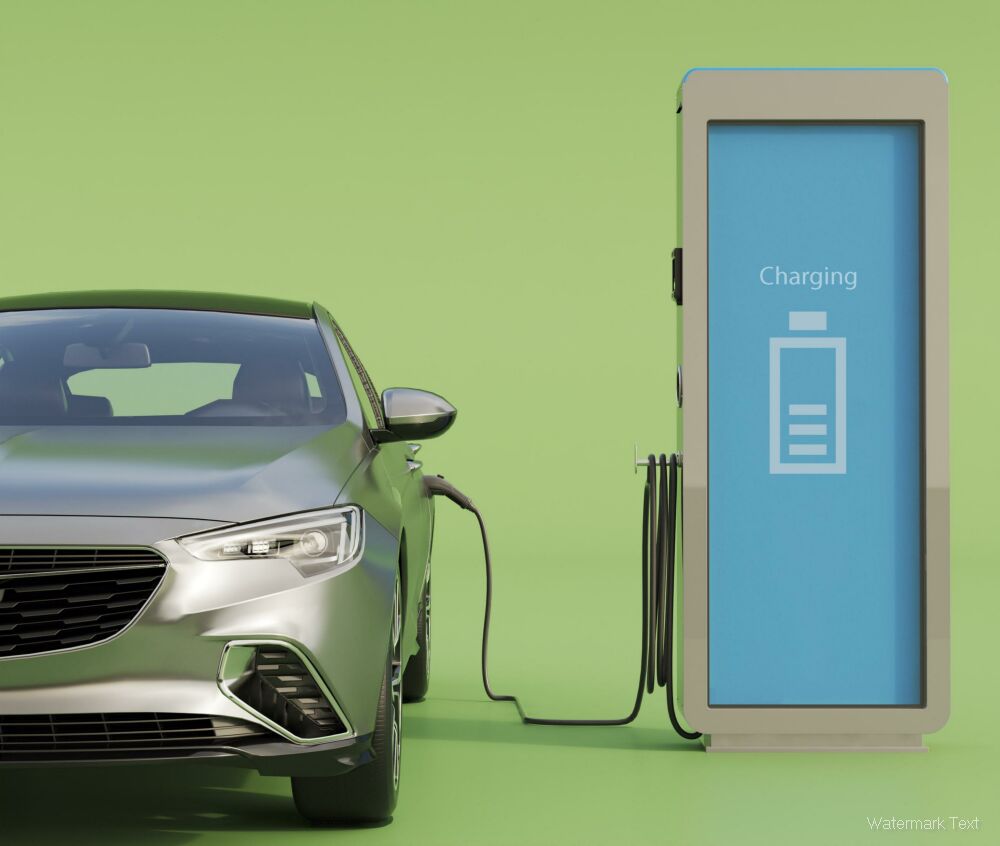In recent years, hybrid vehicles have surged in popularity, capturing the attention of environmentally conscious consumers and tech enthusiasts alike. With the global push for sustainability and reduced carbon emissions, these vehicles offer a compelling alternative to traditional gasoline-powered cars. But what exactly are the benefits and drawbacks of hybrid vehicles? Let’s dive into the statistics and explore the pros and cons of this innovative technology. ??

Understanding Hybrid Vehicles
Hybrid vehicles combine an internal combustion engine with an electric motor, allowing them to use both gasoline and electricity for power. This dual system not only improves fuel efficiency but also reduces harmful emissions. According to the U.S. Department of Energy, hybrid vehicles can achieve an average fuel economy of 50 miles per gallon (mpg), compared to the 25 mpg of conventional vehicles.
Fuel Efficiency Comparison
To illustrate the fuel efficiency of hybrid vehicles compared to traditional cars, here’s a detailed table:
| Vehicle Type | Average Fuel Economy (mpg) | CO2 Emissions (g/km) | Annual Fuel Cost (USD) |
|---|---|---|---|
| Traditional Gasoline | 25 | 250 | $1,500 |
| Hybrid Vehicle | 50 | 120 | $750 |
| Electric Vehicle | 100+ | 0 | $300 |
As shown in the table, hybrid vehicles not only save on fuel costs but also significantly reduce CO2 emissions, making them a more environmentally friendly option. ?
Pros of Hybrid Vehicles
-
Environmental Benefits: One of the most significant advantages of hybrid vehicles is their reduced environmental impact. By emitting fewer greenhouse gases, they contribute to cleaner air and a healthier planet. ?
-
Cost Savings: While the initial purchase price of a hybrid vehicle may be higher than that of a traditional car, the long-term savings on fuel and maintenance can be substantial. According to a study by the American Automobile Association (AAA), hybrid owners can save up to $1,000 annually on fuel costs alone.
-
Tax Incentives: Many governments offer tax credits and incentives for purchasing hybrid vehicles. For instance, in the United States, buyers can receive a federal tax credit of up to $7,500, making hybrids more financially attractive. ?
-
Regenerative Braking: Hybrid vehicles utilize regenerative braking technology, which captures energy typically lost during braking and uses it to recharge the battery. This feature enhances efficiency and extends the vehicle's range.
Cons of Hybrid Vehicles
-
Higher Initial Cost: Despite the long-term savings, the upfront cost of hybrid vehicles can be a barrier for many consumers. The average price of a hybrid vehicle is approximately $3,000 to $5,000 more than a comparable gasoline model.
-
Battery Replacement Costs: Hybrid batteries can be expensive to replace, with costs ranging from $1,000 to $6,000 depending on the model. While many manufacturers offer warranties, the potential for high replacement costs can deter buyers. ?
-
Limited Towing Capacity: Hybrid vehicles often have lower towing capacities compared to traditional trucks and SUVs, making them less suitable for consumers who require heavy-duty performance.
-
Complexity of Technology: The dual powertrain system in hybrids can lead to more complex repairs and maintenance. While many drivers may not experience issues, the potential for higher repair costs exists.
Market Trends in Hybrid Vehicle Sales
The demand for hybrid vehicles has been steadily increasing. Here’s a look at the sales trends over the past few years:
| Year | Hybrid Vehicle Sales (Units) | Market Share (%) |
|---|---|---|
| 2018 | 350,000 | 2.4 |
| 2019 | 450,000 | 3.1 |
| 2020 | 600,000 | 4.5 |
| 2021 | 800,000 | 5.6 |
| 2022 | 1,000,000 | 7.2 |
As seen in the table, hybrid vehicle sales have more than doubled in just four years, reflecting a growing consumer interest in sustainable transportation options. ?
Conclusion
The rise of hybrid vehicles represents a significant shift in the automotive industry, driven by the need for more sustainable and efficient transportation solutions. While there are undeniable benefits, such as improved fuel efficiency and reduced emissions, potential buyers must also consider the higher initial costs and maintenance complexities.
For those interested in exploring hybrid options, websites like Edmunds and Consumer Reports provide comprehensive reviews and comparisons to help make informed decisions. As technology continues to evolve, hybrid vehicles are likely to play a crucial role in the future of transportation. ?
In summary, the choice between hybrid and traditional vehicles ultimately depends on individual needs and priorities. With the right information, consumers can make choices that align with their values and lifestyle.



